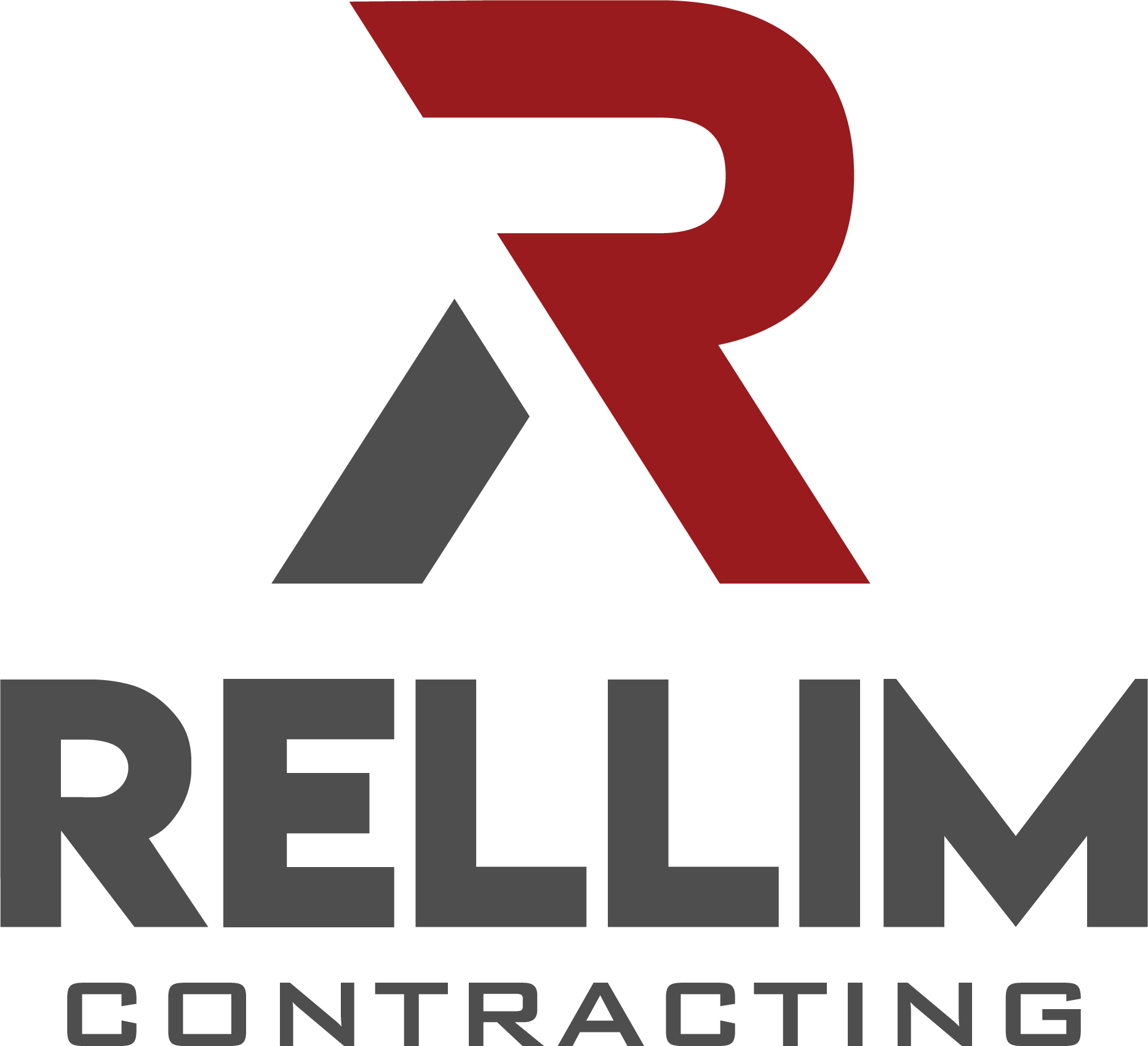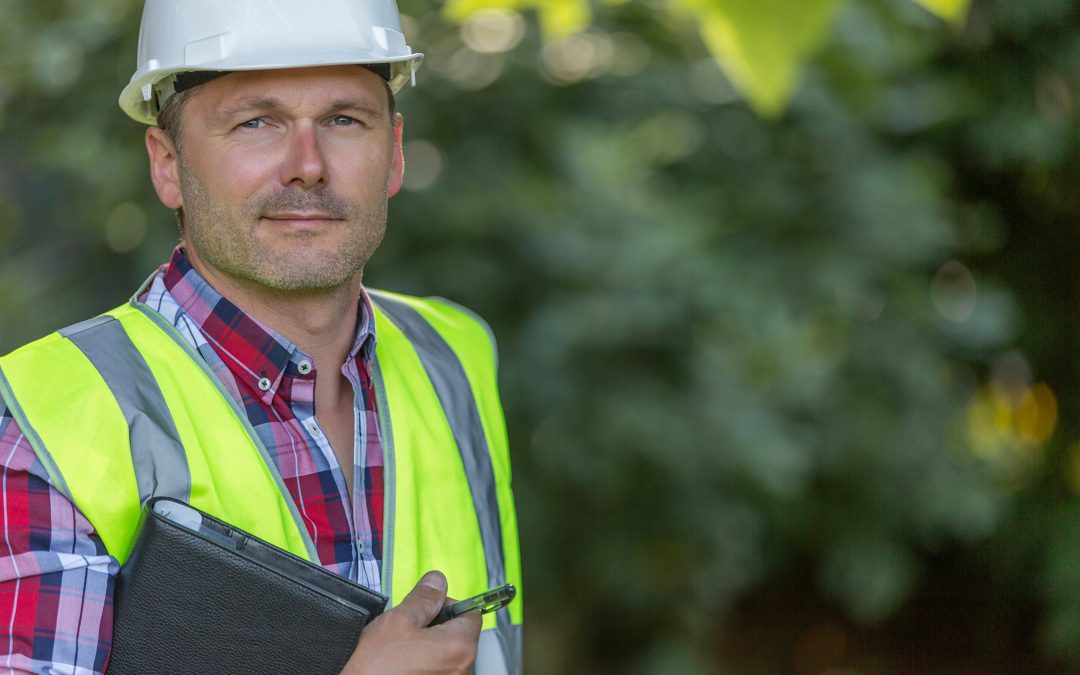Choosing the Right Roofing Contractor: Tips and Red Flags
When it comes to maintaining and repairing your home’s roof, choosing the right roofing contractor is of utmost importance. Your roof is a crucial part of your property, protecting it from the elements and ensuring the safety and comfort of your family. Selecting an experienced and trustworthy roofing contractor can make the difference between a successful project and a costly disaster. In this comprehensive guide, we’ll explore essential tips for choosing the right roofing contractor and red flags to watch out for during the selection process. By the end of this blog, you’ll be well-equipped to make an informed decision and safeguard your roofing investment.
Part 1: Tips for Choosing the Right Roofing Contractor
Research and Ask for Recommendations
The first step in finding the right roofing contractor is to conduct thorough research. Start by asking friends, family, and neighbors for recommendations. People in your community who have had positive experiences with roofing contractors can provide valuable insights.
Check Credentials and Licensing
Ensure that the contractor is licensed and insured. Licensing requirements may vary by state, so be sure to check local regulations. Licensing typically indicates that the contractor has met certain standards and possesses the necessary knowledge and skills.
Verify Insurance Coverage
It’s vital that your roofing contractor has both liability insurance and workers’ compensation insurance. These coverages protect you in case of accidents or damage during the project. Ask for proof of insurance and ensure it’s current.
Check for Manufacturer Certifications
Many roofing material manufacturers offer certifications to contractors who meet specific quality and installation standards. Hiring a certified contractor can be an assurance of expertise in handling specific roofing materials.
Ask for References and Portfolio
A reputable contractor should be able to provide references from past clients. Take the time to contact these references and ask about their experience with the contractor. Additionally, ask to see a portfolio of completed projects to gauge the quality of their work.
Get Written Estimates
Obtain detailed written estimates from multiple contractors. These estimates should include a breakdown of costs, materials to be used, project timeline, and payment terms. Comparing these estimates will help you make an informed decision.
Review the Contract Thoroughly
A well-drafted contract is essential. It should include all project details, costs, payment schedule, warranties, and a timeline. Never proceed without a signed contract, and ensure that you understand all its terms before signing.
Communicate Effectively
Effective communication is key to a successful roofing project. Ensure that you have clear lines of communication with the contractor. They should be responsive to your questions and concerns.
Check for Local Knowledge
A contractor familiar with the local climate, building codes, and regulations is better equipped to handle roofing projects in your area. Local knowledge can prevent potential problems down the road.
Ask About Warranties
Inquire about the warranties offered on both the roofing materials and the contractor’s workmanship. A reliable contractor should provide warranties for their work and be transparent about what they cover.
Part 2: Red Flags to Watch Out For
Lack of Licensing and Insurance
If a contractor cannot provide proof of licensing or insurance, this is a major red flag. Working with an unlicensed or uninsured contractor can lead to significant legal and financial issues.
High-Pressure Sales Tactics
Be cautious of contractors who employ high-pressure sales tactics. Reputable contractors provide information and give you time to make an informed decision without undue pressure.
Unsolicited Door-to-Door Offers
Be wary of contractors who show up at your doorstep unsolicited, especially after a storm or severe weather event. Scammers often use this approach to exploit homeowners in need.
Lack of Local References
Contractors who cannot provide local references may not have a strong presence in your area or a solid track record. Local references are essential for assessing a contractor’s reliability.
No Written Contract
Never proceed with a roofing project without a written contract. If a contractor is unwilling to provide a detailed, written agreement, it’s a clear red flag.
Demanding Full Payment Upfront
A reputable contractor will not ask for full payment upfront. Be cautious if a contractor insists on this, as it can leave you vulnerable to unfinished work or unsatisfactory results.
Inconsistent Communication
If a contractor is difficult to reach, unresponsive to your inquiries, or avoids answering your questions, it’s a sign of poor communication and potential problems down the road.
Unrealistically Low Bids
While competitive pricing is essential, bids that are significantly lower than others may indicate subpar materials, workmanship, or hidden costs. Always be skeptical of overly low offers.
Inadequate Portfolio or References
If a contractor cannot provide examples of their previous work or references, it’s a red flag. A reliable contractor should be proud to showcase their accomplishments.
Negative Online Reviews and Ratings
Check online reviews and ratings on trusted platforms. Consistent negative feedback or a lack of online presence can be concerning.
Selecting the right roofing contractor requires diligence and careful consideration. By following the tips outlined in this guide and being vigilant for red flags, you can increase your chances of hiring a reputable, skilled, and trustworthy roofing contractor. Your roof is a vital part of your home, and investing the time and effort in finding the right professional is an investment in the long-term integrity and value of your property.

